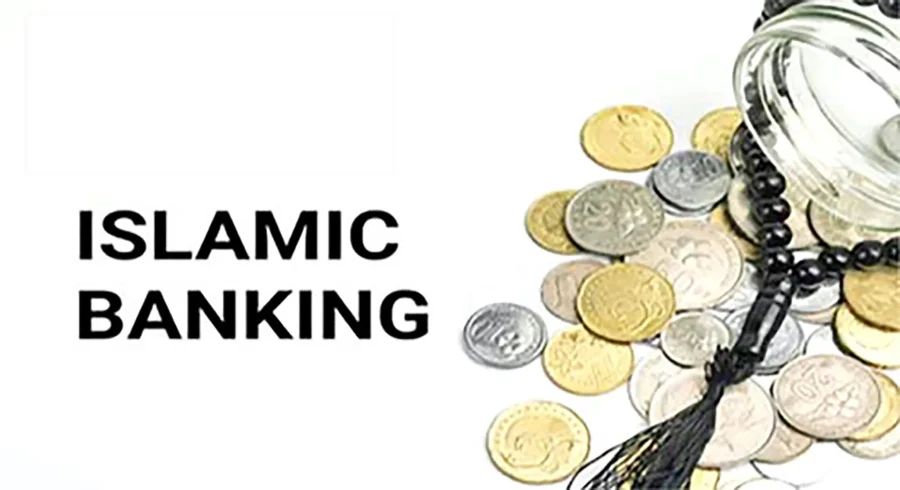With Russia’s sizeable Muslim population of 20-25 million, President Vladimir Putin signed a law introducing Islamic Banking in four Muslim republics last month to test the feasibility of the Islamic finance model. If the program succeeds, the model will be implemented in the rest of the country.
Russia launched the Islamic banking system in four major Muslim-dominated regions – Chechnya, Dagestan, Tatarstan and Bashkortostan – as part of a two-year pilot program on September 1.
How is Islamic banking different from conventional banking?
Islamic banking operates under the Sharia law and prohibits elements such as riba or usury, which refers to any unfair exchanges such as providing loans for interest or collecting late payment fees, as opposed to conventional banking, which largely works on the principle of interest-based financial instruments.
“A financial institution cannot just provide financing and get a return with a hundred percent guarantee. It has to bear certain risks, which are not common for conventional banks,” the Executive Secretary of the Russian Association of Experts in Islamic Finance, Madina Kalimullina, told Al Arabiya English.
Unlike conventional banking, Islamic finance is based on creating underlying transactions that result in an income flow rather than an interest flow. In Islamic banking, loans must be interest-free and financing is based on trade (murabaha) or investment transactions (musharaka).
In Islamic banking, one cannot sell an item that does not exist or is not owned for remuneration. Also, products that harm human beings or society at large cannot be financed, such as alcohol, tobacco, gambling activities, and the adult entertainment industry.
“To summarize, each transaction should be based on real, halal assets and lead to economic development,” Kalimullina said.
Why is Russia implementing Islamic banking?
This long-awaited initiative has come to fruition due to the recent geopolitical turmoil and with Russia being hit by severe Western sanctions. Under the prevailing circumstances, the “diversifying opportunities created by Islamic banking have become particularly timely,” according to an academic adviser at Oxford University, Dr Diana Galeeva.
“Extensive geopolitical transformations have been put in motion by the Ukraine war, including Russia seeking more economic relations with the East, with new opportunities for both sides,” Galeeva said.
“Serious consideration of Islamic finance and banking as an alternative to the Western system is in part driven by this reorientation.”
Energy is the key to Russia’s economy, and as Moscow looks more towards the East, including the world’s major energy powers such as the Gulf states, “Islamic banking is an important platform in building these relationships and encouraging greater investment,” Galeeva added.
The idea to introduce Islamic banking first arose in Russia during the financial crisis in 2008, when banks faced a liquidity shortage and began looking for alternative sources of cash, Galeeva explained. Then, in 2014, after the annexation of Crimea, Russian banks felt the additional squeeze of Western sanctions.
“In response, the Association of Russian Banks proposed allowing Islamic banking and establishing a committee within the Central Bank to regulate the activities of Sharia banks,” she said.
While some experts believe that Russia’s implementation of Islamic banking is a well-thought-out initiative to counter Western sanctions and foster economic development, others consider the program to be more of a publicity stunt and an effort to moderate the poor Muslim regions in the country. “It is probably about PR more than anything else.
Russia is introducing elements or allowing for Islamic banking within its banking system, but it is not going to be the dominant player in Russia,” Associate Fellow at the UK thinktank Chatham House’s Russia and Eurasia program, Timothy Ash told Al Arabiya English.
Impact of Islamic banking on Russia’s economy
Islamic banking is expected to raise $11-$14 billion in joint projects with Muslim countries, Anatoly Aksakov, the head of the financial market committee of Russia’s State Duma, the lower house of the Russian legislative assembly, said in July.
“We expect, at the same time, an inflow of investments to different projects from Turkey, Iran and the Asian countries. That is the serious potential,” Aksakov was quoted as saying by Moscow’s state news agency TASS.
According to Sberbank, Russia’s largest lender, the Islamic banking sector has an annual growth of 40 percent and is reportedly expected to reach a value of $7.7 trillion by 2025.
Experts predict Islamic banking to yield promising results in Russian markets but say it will require time and proper implementation to become successful.
“The consumer base is growing. All the funds accumulated in Islamic finance projects are actively utilized and all these factors constitute a very good ground for the new market to grow,” Kalimullina said. “However, a lot will depend on the effective work and fruitful interaction between the regulator – the expert council being formed under the government – and the market players,” she added.
According to Kalimullina, Islamic finance can play the role of a “sound financial bridge,” enhancing and promoting trade and investment.
Creating a successful Islamic banking system in Russia will be a long road and Moscow will need to create a proper legal framework to be embedded in its wider business practices.
“Russia has good strategic motivations to develop itself as a center (for Islamic banking), but it will require time, expertise and a mutual understanding between Russia and the Muslim world on how to build this for mutual interests,” Galeeva said.— AlArabiya News










